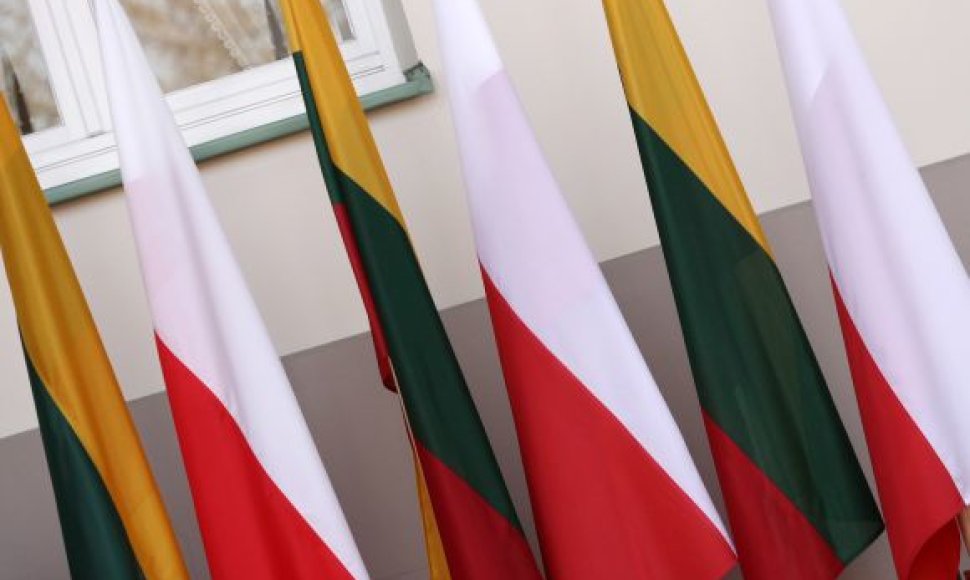Being convinced that Lithuania's relations with Poland and the Polish nation have an exceptional historical, political, and economic relevance to our state, and seeing that, due to the atmosphere of mistrust on both sides of the border, the bilateral ties have not been developing as openly or pragmatically as they should between two states that call each other strategic partners, we want to draw Your attention to things that can doubtlessly improve these relations.
On numerous occasions, Lithuania's leadership has declared intentions to allow Polish-speaking citizens of Lithuania to spell their names in Polish alphabet; however, this right – which has long been granted to Lithuanian-speakers in Poland – has yet to be enshrined in law.
By legalising original spelling of Polish names, Lithuania would demonstrate it possesses a will of a European state and fully understands that a citizen's name is his or her private property, something that the state pledges to respect in the Constitution; more than that – Lithuania would take an important step towards closer cooperation between the two states and nations.
We would also like to draw Your attention to the abnormal situation in towns and villages of Vilnius and Šalčininkai Districts, where street signs give street names in Polish as well as in the country's official language, Lithuanian.
Such a situation – where the state can neither prevent violation of law nor does it take necessary measures to ensure that a national minority can enjoy the right, fully acknowledged in Europe as well as in Poland, to have signs in the language spoken by that minority – brings no gain to Lithuania or its citizens.
We, board members of the Jerzy Giedroyc Forum for Dialogue and Cooperation, established last year in an effort to improve relations between the two states and nations, will welcome any decisions on the part of the Lithuanian government that would allow open talks with Lithuania's Polish-speaking citizens on the solution to these two old problems.
We also urge the municipal authorities of Vilnius and Šalčininkai Districts to, upon receiving promises from the central government to promptly tackle the issue of bilingual street signs, request a moratorium regarding the Polish signs that de facto exist in these districts.
The current air of lawlessness and chaos does not help either the social peace in Lithuania nor mutual understanding between the two countries.
We address You, leaders of the state, parliament, the government, and diplomacy, in faith that it is in Your power to effect change. We also believe that if the Lithuanian state takes these steps, its relations with Poland will be given a new momentum that is necessary for the two countries and nations in the 21st century and that will help Lithuania better articulate and defend its interests in the EU, NATO, and the world.
Lithuanian board members of the Jerzy Giedroyc Forum for Dialogue and Cooperation: Adam Blaškevič, director of John Paul II Gymnasium, Gražina Drėmaitė, chairwoman of the Heritage Conservation Commission, Alvydas Jokubaitis, professor at VU TSPMI, Sabina Karmazinaitė, graduate student at VU TSPMI, Herkus Kunčius, author and chairman of PEN Lithuania, Alvydas Nikžentaitis, chairman of the board and senior research fellow at the Lithuanian History Institute, Vytautas Plečkaitis, signatory to the 11 March Act, Virginijus Savukynas, journalist at LRT, Zbigniev Siemenovič, director of Šalčininkai District Hospital, Vygaudas Ušackas, EU ambassador to Afghanistan, Rimvydas Valatka, signatory to the 11 March Act and 15min editor-in-chief, Tomas Venclova, professor and author, Renata Vidtman, journalist at Znad Wilii radio station.












